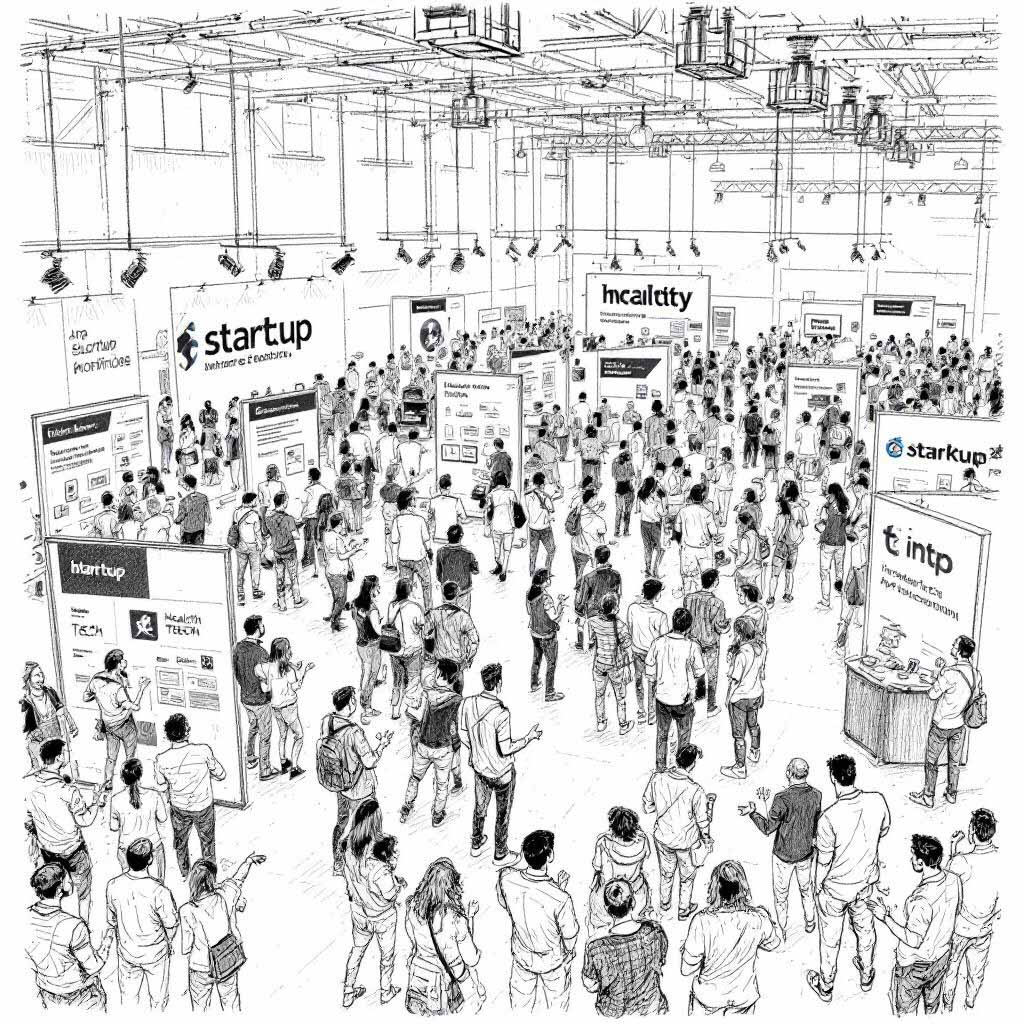Blog
BLOG
Opinion and economic analysis

THE WELL-UNDERSTOOD RISK: WHY DO I KEEP INVESTING?
I have spent over a decade learning to trust what isn’t immediately visible. I’ve seen ideas that seemed unlikely turn into solid realities, as well as projects brimming with talent that failed to cross the threshold. There are no certainties, only data, perceptions and an intuition that sharpens over the years.
Personally, I operate with a dual strategy, I invest directly alongside other investors —especially in the early stages, where both capital and human support are equally necessary- and also through specialized fund managers, which allow me to diversify and access larger operations with more structured oversight. In both cases, my criteria remain the same, I look for committed teams, large markets, real solutions and the intelligent application of technology. Fashion or media noise has never guided me.
Today, Spain is experiencing an interesting moment. I won’t say exceptional —I’ve learned to be cautious with adjectives— but it is clearly more mature than it was ten years ago. What was once a territory for dreamers without a roadmap is now an ecosystem with more rigor, more metrics and more ambition. The days of napkin sketches with million-dollar ideas are over. Today, if an entrepreneur cannot demonstrate traction, growth, or at least a validated product, they will struggle to access serious funding.
But that doesn’t mean the risk has disappeared. On the contrary. Most startups still lack assets, a solid brand, or real guarantees. Betting on them is, in many ways, still like flipping coins. What has changed is that now we are better at knowing which coins to toss, into which hands to place them and in which markets to throw them.
I have participated in projects that raised eight figure rounds and I’ve also been at the discreet funerals of promising companies that simply couldn’t fit into the market. It’s part of the game. That’s why I increasingly value the human factor, the ability of founders to resist, adapt and execute. The idea might be brilliant, but without leadership, there’s no miracle.
In this latest cycle, we are seeing clear polarization. Funds are concentrating on companies that already have solid metrics, leaving many others with potential but no time. Rounds are larger, more selective and measured to the millimeter. This forces entrepreneurs to be more efficient, more strategic. And, honestly, I see this as a positive. Easy capital is usually a bad advisor.
What I do miss, especially in Spain, is more depth in scaling stages. We have good funds for the early stages, but when a startup needs real muscle to grow, it often has to turn to foreign investors. It’s not a tragedy, but it’s a symptom that we still need to build national vehicles with more volume and ambition.
Artificial intelligence, of course, is coloring everything. But we must be prudent. I don’t invest in AI for its own sake, but in real solutions that use AI to solve concrete problems. It reminds me a lot of the early years of the digital boom, everyone talked about the internet, but few knew how to use it to create real value. Today, something similar is happening. What matters is not the technology itself, but its practical application.
I don’t believe in unicorns by definition, but I do believe in companies that can change an industry. I’ve learned that the most valuable return isn’t just financial, but the impact a company has on its environment. When I invest, I do so with a ten-year horizon, not only focused on the exit multiple, but also on what the company can contribute to the market and to society.
The legislation has certainly improved. But we need to keep refining the fiscal and legal framework if we want to become a benchmark in Europe. The potential is there. The will is there too. What’s missing is for us to believe that we don’t have to be a subsidiary ecosystem, but one that is independent, solid and capable of retaining talent and investment.
In this new environment, where it’s no longer enough to have a good story but rather to demonstrate real traction from the start, solid entrepreneurship cannot be improvised. It doesn’t come from momentary inspiration or a well-designed pitch. It is built with discipline, continuous validation, complex decisions and often against the current. True entrepreneurship —the kind that transforms— doesn’t happen on a napkin or in a brilliant pitch. It happens in consistency, in strategic adjustments and in difficult decisions. And there, if capital arrives at the right moment and with the correct focus, it can be the catalyst for something truly important. That’s why I continue investing. Because, well understood, this is one of the few areas where risk, when managed with discernment, is worth it.







